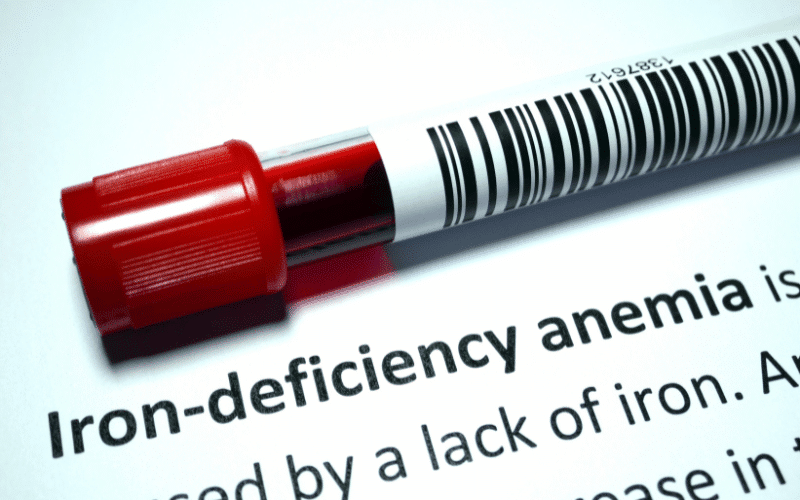Introduction: Getting to Know Anemia and Its Various Forms
Anemia is a widespread health condition affecting millions of individuals across the globe. It’s characterized by a decrease in the number of red blood cells or a lack of hemoglobin, which is responsible for carrying oxygen in the bloodstream. Consequently, anemia can lead to a variety of symptoms, including fatigue, weakness, shortness of breath, and pale skin. But did you know that there are numerous types of anemia? In this article, we’ll delve into the details of 12 different forms of anemia, their causes, symptoms, and potential treatments.
An accurate understanding of the various types of anemia is crucial for proper diagnosis and management. Each type of anemia has its specific cause, and some forms are more common than others. The treatments for each type can also differ significantly, making it essential to identify the root cause of the condition. With this in-depth exploration of anemia, we hope to shed light on the different forms and empower you with the knowledge to tackle this common health issue.
1. Iron-Deficiency Anemia: Tackling the Most Common Form

Iron-deficiency anemia is the most prevalent form of anemia and occurs when the body doesn’t have enough iron to produce hemoglobin. This essential mineral is crucial for the production of red blood cells and the transportation of oxygen throughout the body. Common causes of iron-deficiency anemia include an inadequate intake of iron-rich foods, poor absorption of iron due to gastrointestinal issues, and blood loss from injury or menstruation.
Treatment for this type of anemia typically involves increasing the consumption of iron-rich foods or taking iron supplements. It depends on the severity of the condition. Foods high in iron include red meat, poultry, fish, beans, and fortified cereals. In some cases, a healthcare provider might recommend iron supplements if dietary changes aren’t sufficient to address the deficiency.
Symptoms of iron-deficiency anemia can vary, but some common signs include fatigue, weakness, pale skin, shortness of breath, and dizziness. It’s essential to consult a healthcare professional if you suspect that you might have iron-deficiency anemia, as proper diagnosis and treatment are necessary to prevent complications.
Preventing iron-deficiency anemia involves maintaining a balanced diet rich in iron. In some cases, taking iron supplements as recommended by a healthcare professional. It’s also important to address any underlying conditions or factors contributing to poor iron absorption, such as celiac disease or gastrointestinal surgery. (1)